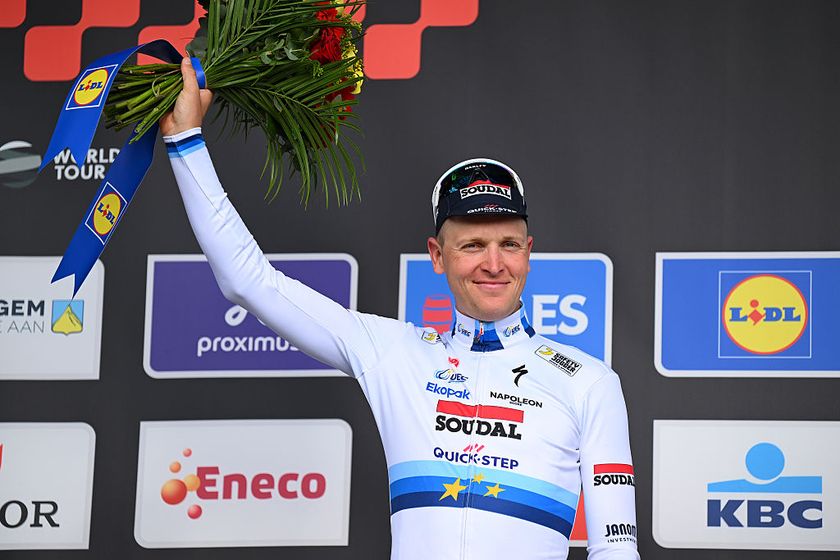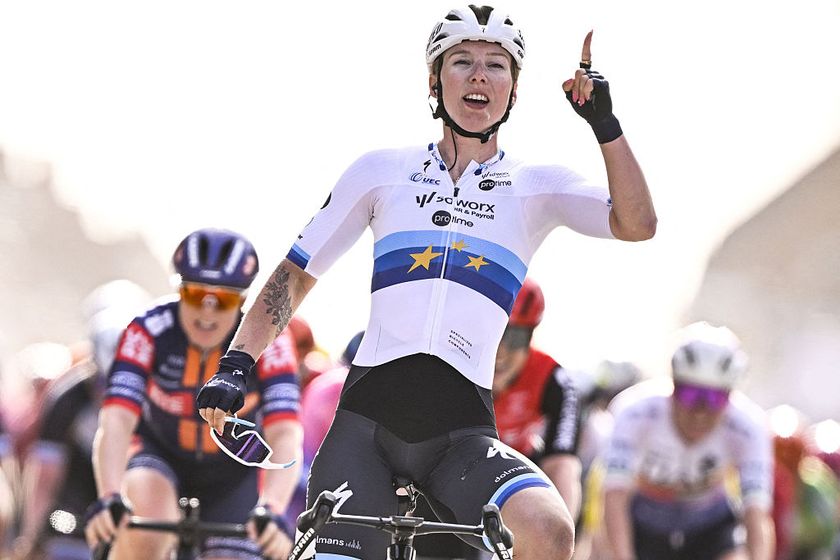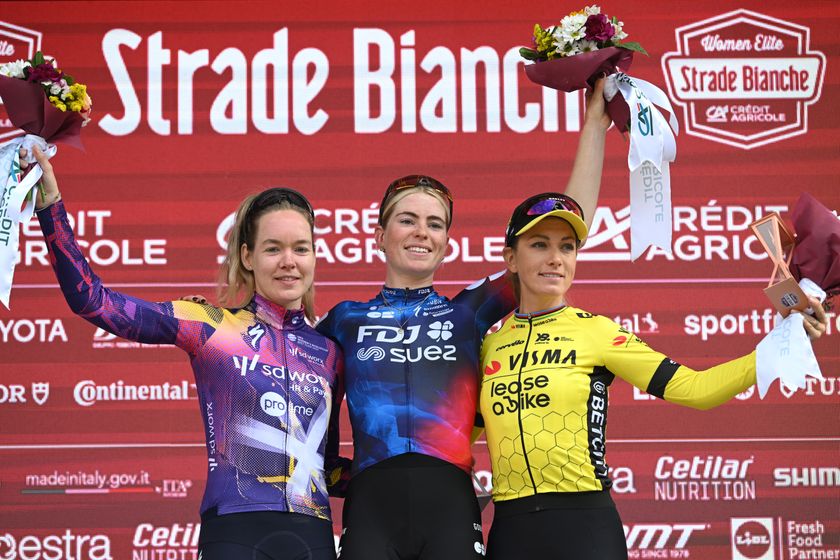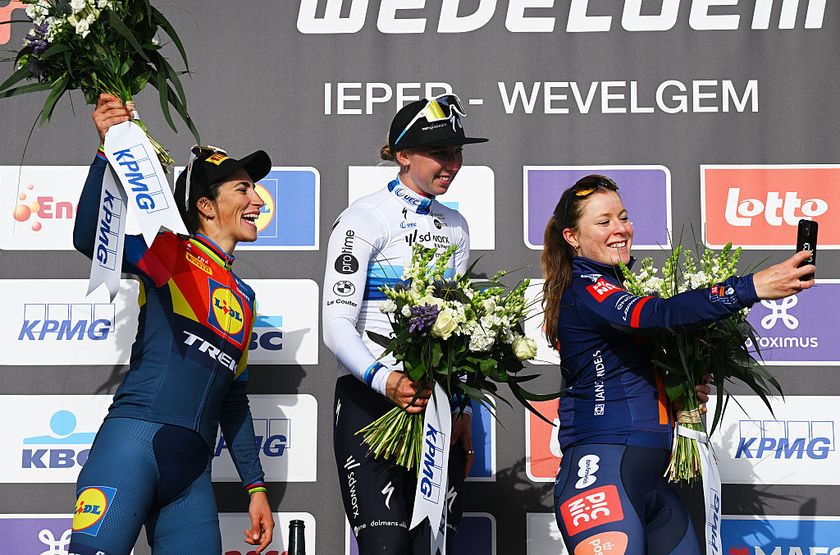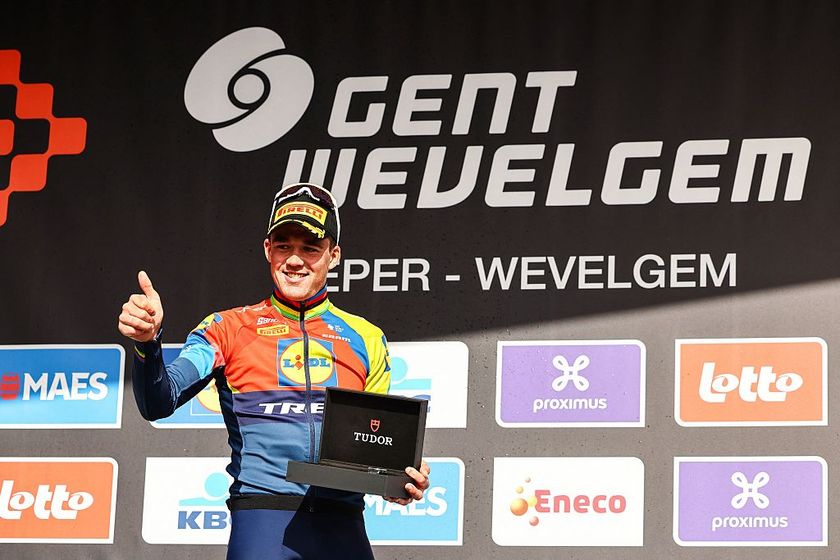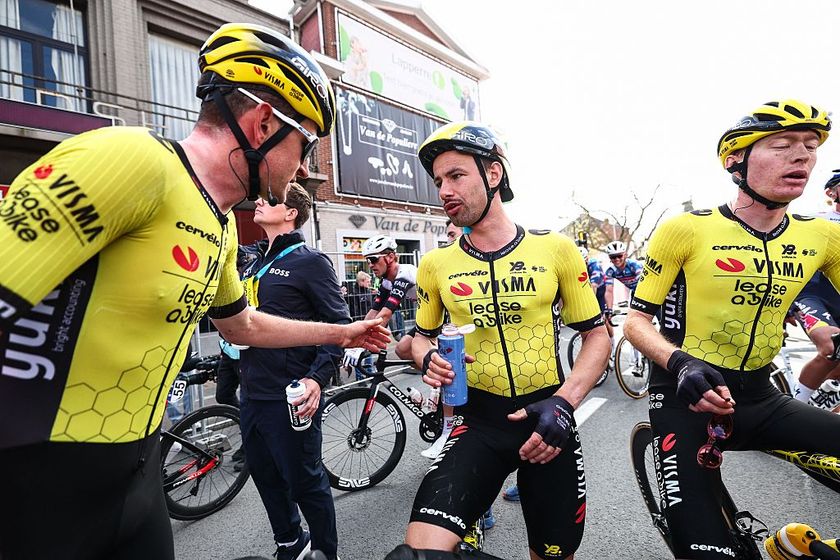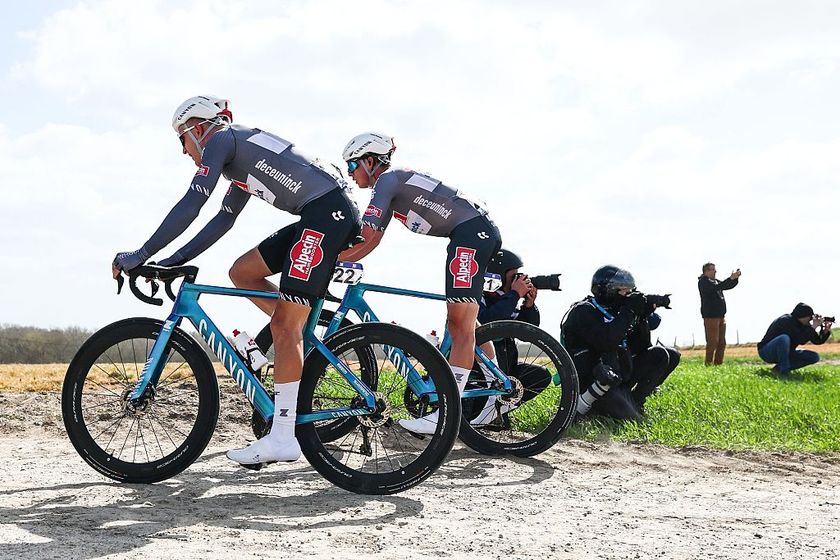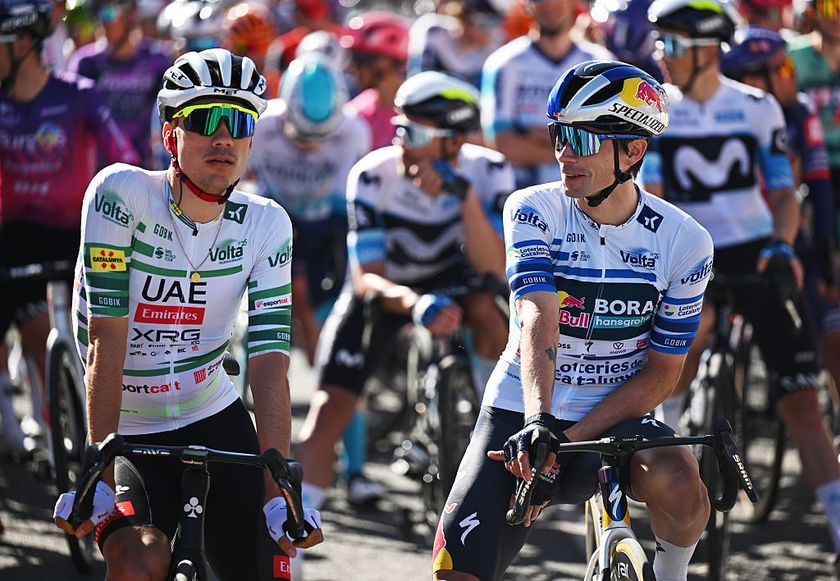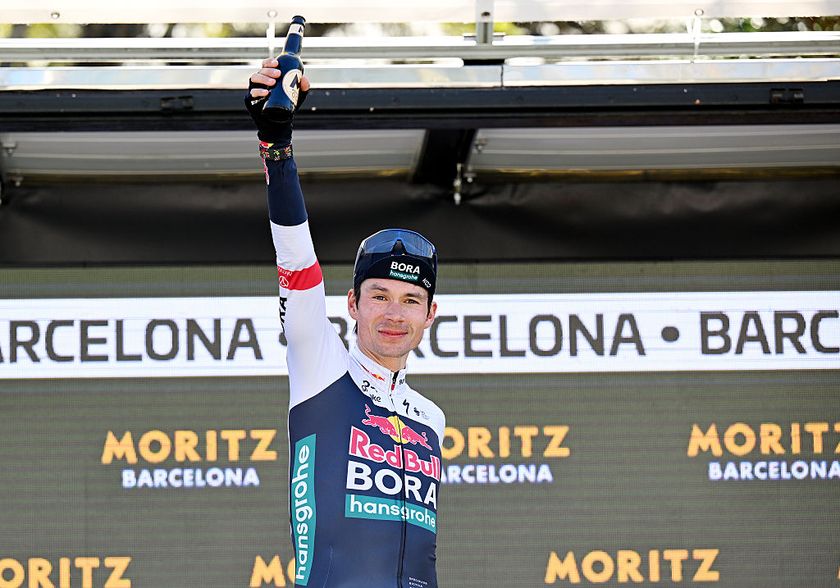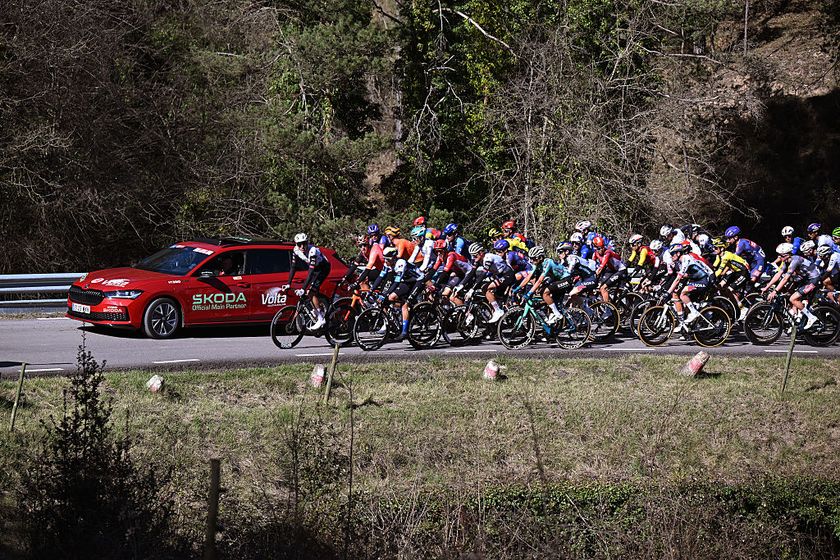Kemmelberg and a motivated McEwen in Museeuw Classic
By Brecht Decaluwé in Brugge Last week the organisers of the Driedaagse van West-Vlaanderen - Johan...



By Brecht Decaluwé in Brugge
Last week the organisers of the Driedaagse van West-Vlaanderen - Johan Museeuw Classic (Three days of West Flanders) presented their 2008 edition at the auditorium of the province West-Vlaanderen. Attended by Johan Museeuw, who has his name linked to the race, the presentation used TV footage from previous editions to show that the race is gaining attention from teams and sponsors year after year.
First run in 1945 by the organisers from Ichtegem as a one-day race, the event retained this format until 1998 when Jesper Skibby was the winner. The following year Ichtegem joined forces with neighbouring Bellegem to form the Guldensporentweedaagse, a two-day race that was held until 2002. From 2003 onwards the organizers added a further day to their event, a format it has retained ever since.
In 2005 the race was cancelled due to snow, coming back in 2006 with Niko Eeckhout as victor while Johan Museeuw allowed the organisers to use his famous name. Last year West-Vlaanderen decided to support the race financially as all the stages were held in the province. Jimmy Casper - who tumbled out of competition on the Kemmelberg in Gent-Wevelgem a couple of weeks later - won the 2007 edition.
"We've tried to make our organisation even more professional and with eight Pro Tour teams at the start - three more than last year - I think we accomplished that goal," said organizer Bert Pattyn. "There are no better available slots, so we can't improve ourselves," added Pattyn when asked if the organisers might prefer a different date on the UCI calendar.
"Maybe if the Tour de France ceases," he joked. "For us, the problems of the UCI with the big organisers were a good thing since we've got better teams in our race."
Pattyn was of course referring to Astana. The Kazak sponsored team led by Johan Bruyneel didn't receive an invitation to compete in Paris-Nice nor Tirreno-Adriatico, and they will line up a strong team in Kortrijk on March 7. A good start list doesn't guarantee a good race, though, as last year the organisers complained about the lack of commitment from big star Robbie McEwen. "This year he comes again, but this time he promised he would be racing for three full days, last year he was only riding at 50 percent. He wants to prepare for Milano-Sanremo over here," Pattyn said.
Get The Leadout Newsletter
The latest race content, interviews, features, reviews and expert buying guides, direct to your inbox!
Bunch sprints are to be expected in most of the stages although the race does encounter some serious challenges, most notably the Kemmelberg on stage three. The notorious descent caused a lot of damage in the peloton during Gent-Wevelgem when a lot of riders went down. Jimmy Casper, James Vanlandschoot, Andy Cappelle, Allen Johansen, Luke Roberts, Tyler Farrar, Fabio Sacchi and Wim Devocht were the main victims and doubts were raised over the safety of using a narrow descent with a poor surface.
The Driedaagse van West-Vlaanderen will be the first race to use an alternative descent after climbing the cobbles. "We've ridden over the Kemmelberg as well in the past, but this will be a very important test case," noted Museeuw. "I'm afraid because it's a small road and if something happens there at 60 km/h..."
The former rider talked with Cyclingnews and suggested the organisers add further stages to make the race a serious alternative to Paris-Nice or Tirreno-Adriatico. "With three days it's a little too short to prepare well for Milano-Sanremo in order to compete with Paris-Nice and Tirreno-Adriatico," Museeuw explained.
"I'm proud to have a race in my own region," he added. The organisation even scheduled the race to pass through Museeuw's hometown of Gistel, barely missing a passage through the former Spring Classics specialist's living room. "There will not be as many people as during my farewell party, but it will be great," Museeuw smiled.
Organiser Rik Goethals from Ichtegem introduced a special jersey from the race, which he hopes will become a real collector's item. "We want to bring the cycling and art culture together. It's not the first time we asked to design special jerseys, and last year it was successful. Casper was proud to be the owner of the 'beer-jersey', I'm told that he's a connoisseur," Goethals said. "This year the jerseys made by Decca were designed by Johan Tahon and he choose to use a textile structure print, which is typical for this region."
During the race there will be a statue dedicated to Germain Derycke (1929-1978) in Bellegem. The rather unknown Belgian battled against Fausto Coppi at the 1953 world championships in Lugano and eventually grabbed silver, but also managed to win the Ardennes Classics, Milano-Sanremo and a stage in the Tour de France.
The field expected in Kortrijk contains eight Pro Tour-teams, seven Professional Continental teams and four Continental teams, coming from 10 different countries. Among them are Silence-Lotto, Quick Step, Française des Jeux, Astana, Team High Road and BMC. The biggest names are Robbie McEwen, Wouter Weylandt, Edvald Boasson Hagen, Tomas Vaitkus and Niko Eeckhout, but expect Alexandre Usov, Borut Bozic and Hans Dekkers to give them a hard time in the bunch sprints in West-Flanders.
